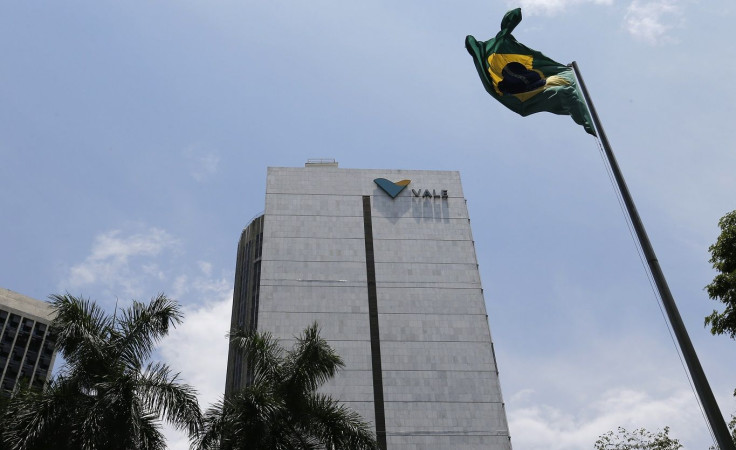Mining News: Russian nickel firm expands, Anglo-Swiss and Australian mining firm split coal mine

The mining segment is currently suffering from weak global commodity prices, but this does not stop several companies from acquiring new assets and expanding their operations.
Industry favourite Amur Minerals Corporation (London AIM: AMC) has no plans of failing investors’ assumption that the company could be one of the biggest nickel suppliers in the world once it decides to put its products on the global market. Despite obtaining pre-production licence from the government in May, the company decided to introduce more improvements in its facilities in Kun-Manie Reserve.
It also announced several months ago that it would build its own smelting machines to save a lot of money on processing and make their products cheaper and accessible to more steelmakers. The company has collaborated with t he Russian government's Far East and Baikal Region Development Fund to attract investments into the Far East of Russia, as well as investors in nearby areas such as China, India, and other Asian markets.
“As our Kun-Manie nickel sulphide project is located in the Far East, this agreement places Amur in a position to access a broader global reach for funding and financing of the project. Our ability to action this agreement is a direct result of a decade of efforts through which we, and the Russian authorities have demonstrated that projects can be successfully developed. Amur views this as an excellent form of collaboration as we move the project forward,” Robin Young, CEO of Amur Minerals Corporation, said in a statement.
The recent collaboration has enhanced the Russian firm’s share prices by 10 percent. Amur has been enjoying “laudable” share price value since 2014, when nickel prices surged after Indonesia issued a ban on exporting its unprocessed ore products.
In the first three quarters of 2015, its share prices have remained stable and decent despite weak nickel prices on the global market. This is considered “rare” and “impressive” by market experts, as stocks in giant mining companies have been suffering ever since 2015 started.
Among the top performers in the mining segment today are Anglo-Swiss mining company Glencore Plc and Australian mining giant Bloomfield Group. These two companies recently agreed to buy the Integra coal mine in Australia owned by Brazilian mining firm Vale S.A.
According to a company official, Vale was forced to sell its shares because “keeping it open has become a burden for the company due to weak coal prices on the global market.”
Vale has been diversifying its assets to recover from past losses. The Integra property is the second mining site Vale opted to give up this year.
Vale’s 61.5 percent share in the mine site will be shared by Glencore and Bloomfield, while the remaining shares will remain with its current owners comprising various Asian manufacturers, steelmakers, and power companies.
According to Sarah Thompson of Financial Review, the acquisition is reminiscent of Vale's recent sale of the Isaac Plains coal mine to Stanmore Coal for US$1 [AU$1.4], which also saw the vendors contribute to certain liabilities. Experts called the purchase price “negligible.”
Vale remains mum on the issue, leaving deal terms undisclosed.
Contact the writer at feedback@ibtimes.com.au, or let us know what you think below.




















